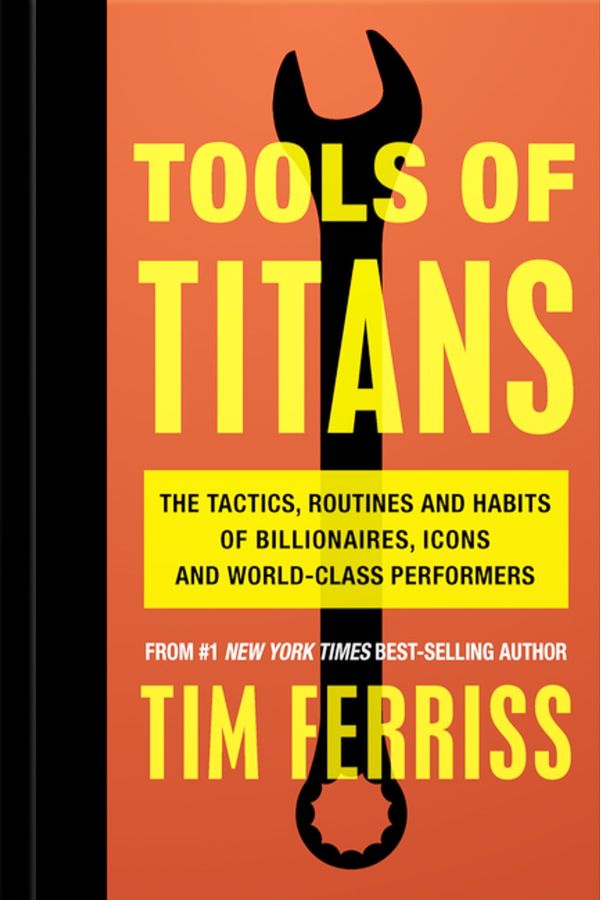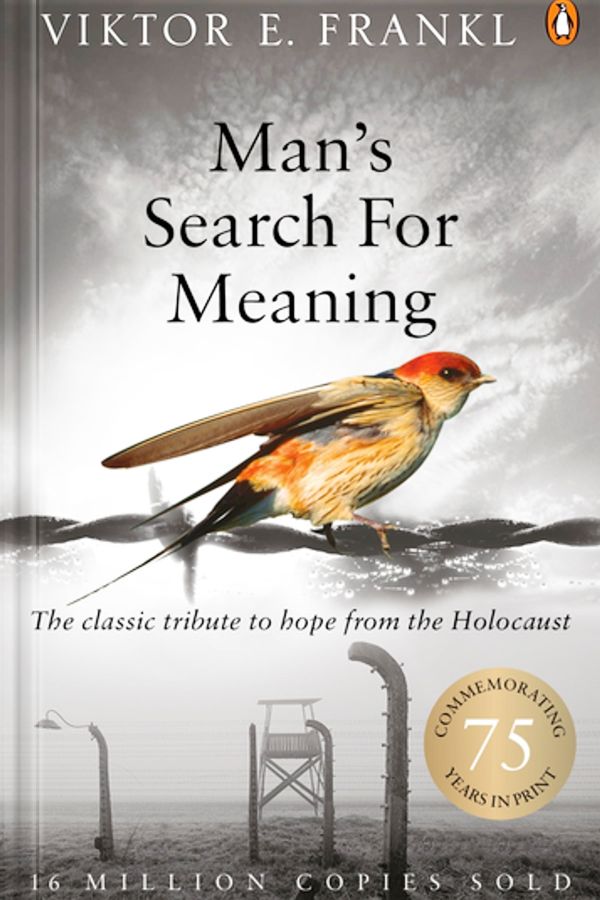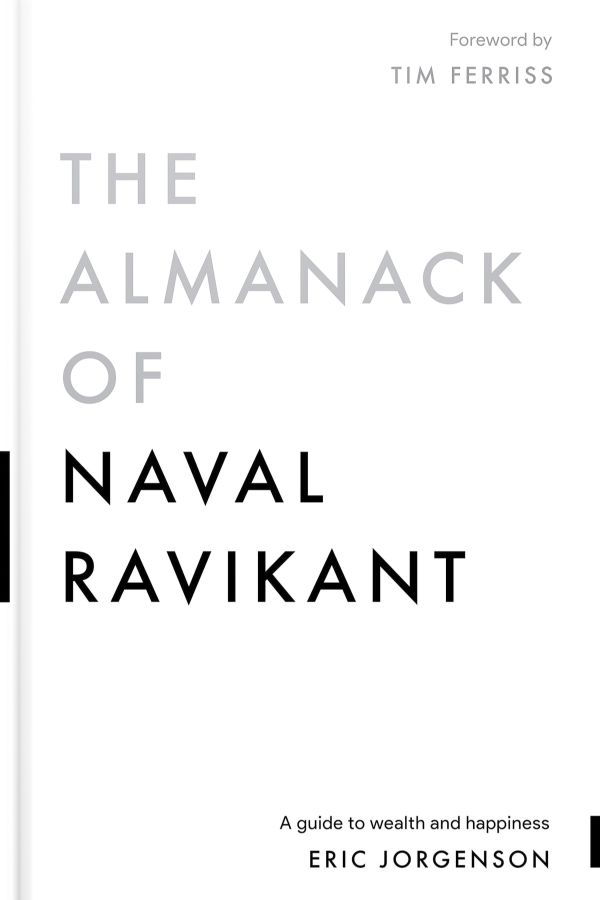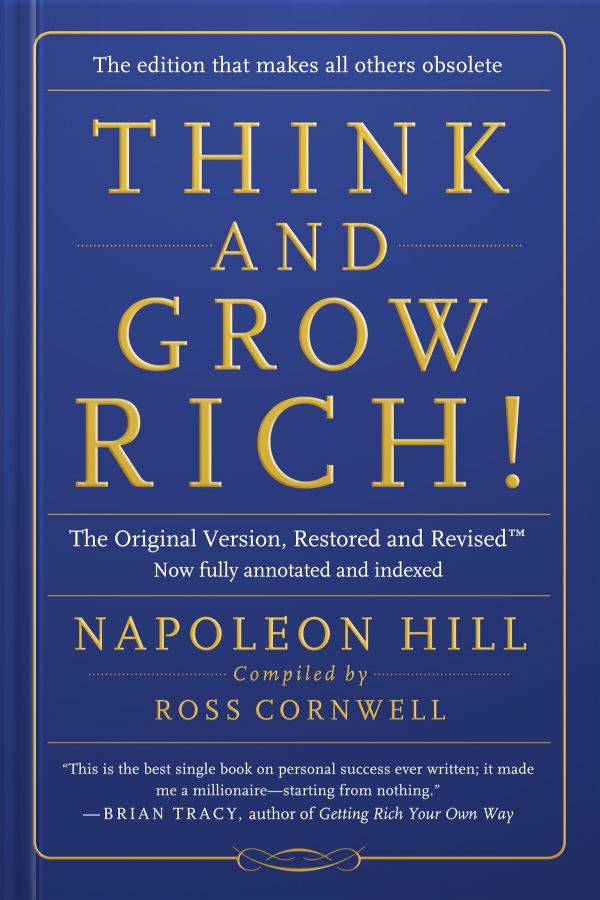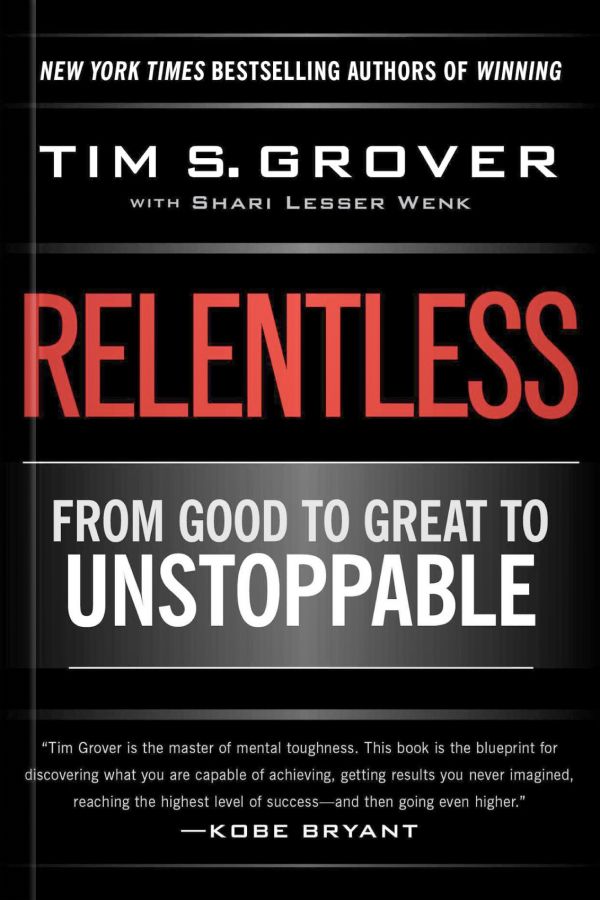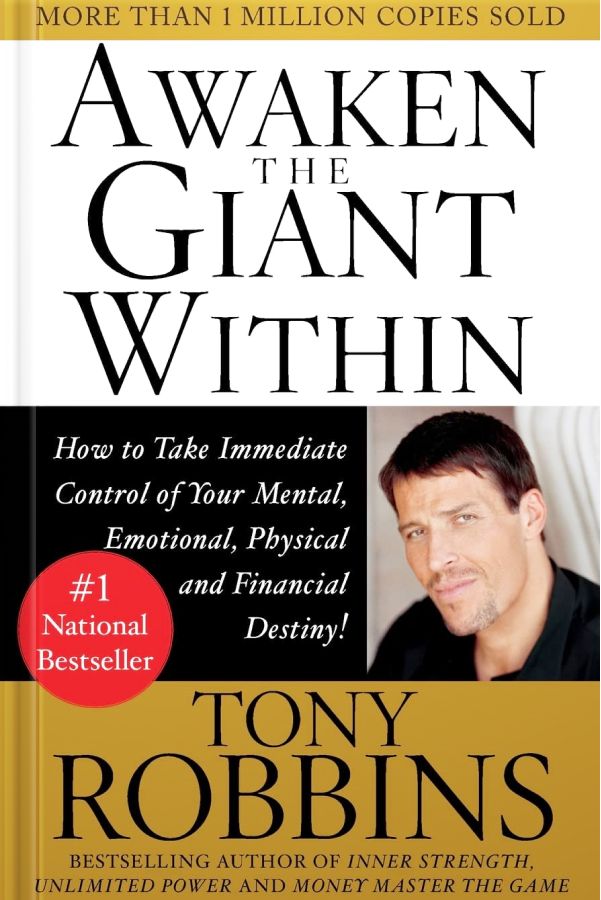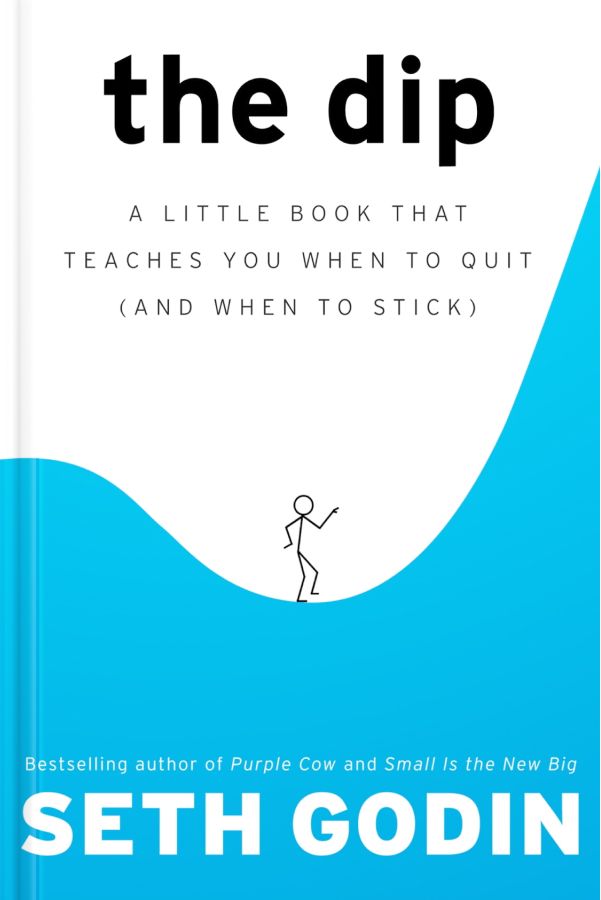
Psychology
The Dip by Seth Godin
1. Embrace the Quest to Be the Best
In the world of relentless competition, the only way to be noticed, hired, or acknowledged is by being the best.
Remember, being the best isn't about universal superiority but being the 'best' for someone based on their needs, beliefs, and accessibility. Seth Godin emphasizes,
‘Being the best in the world is seriously underrated'.
Imagine you're a photographer. Instead of trying to appeal to everyone, you may specialize in pet photography, becoming the best for pet owners who want high-quality, vibrant pictures of their furry friends.
2. The Power of Strategic Quitting
Contrary to popular belief, quitting isn't synonymous with failure. Leaving is the pragmatic choice if you're sure you cannot be the best at something.
It frees up valuable resources to invest in areas where you can excel.
Godin asserts:
‘Quit or be exceptional. Average is for losers'.
Consider you're juggling between learning two languages, Spanish and Japanese, but find it hard to excel in Japanese. It's smarter to quit Japanese and pour your energy into becoming exceptional at Spanish.
3. Avoid the Cul De Sac
The 'Cul De Sac' symbolizes a dead-end situation where your efforts yield no significant results.
Godin warns that the opportunity cost of persisting in such a scenario is too high.
Staying in a dead-end job that offers no scope for growth or improvement is a typical Cul De Sac. Godin's advice? 'Get off it fast.'
4. Beware of the Cliff
Godin describes the Cliff as a promising situation that suddenly leads to a rapid downfall. Sticking with such a situation until you fall off the edge is a recipe for disaster.
A cliff is a high-risk investment that promises short-term returns but can lead to massive losses. Godin's caution is evident, 'Quit. Not soon, but right now.
5. Navigate Through the Dip
The Dip is the arduous journey towards becoming the best, and this struggle creates value and scarcity.
Godin wisely states:
‘If It's Worth Doing, There’s Probably a Dip'.
The rigorous studies and long hours before becoming a certified professional are the Dips that result in the scarcity and high value of experts in any field.
6. Understand the Difference Between Quitting as a Tactic and a Strategy
Quitting isn't about abandoning your long-term strategy but about discontinuing ineffective tactics. It's about identifying what's not working and pivoting accordingly.
If a marketing campaign isn't yielding results, quitting the drive isn't giving up on marketing; it's about changing the strategy for better outcomes.
7. Identify Reasons That Might Lead to Failure
Godin lists six reasons why one might fail
- you run out of time or money
- you get scared
- you're not serious about it
- you lose interest or enthusiasm and settle for mediocre
- you focus on the short-term instead of the long term
- you pick the wrong thing to be the best in the world
Acknowledging these reasons can help in making informed decisions.
8. Learn from the Woodpecker
Diversification can be tempting when faced with a Dip. However, instead of spreading yourself thin, Godin recommends focusing your efforts on pushing through the Dip you're already in.
Rather than starting a new business venture when your current one hits a rough patch, focus on improving and overcoming the challenges.
9. Ask the Right Questions Before Quitting
Before deciding to quit, Godin suggests asking two questions: 'Am I Panicking?' and 'What Sort of Measurable Progress Am I Making?'
These questions can help assess your decision objectively and keep you from making rash decisions.
In conclusion, Godin's 'The Dip' profoundly changes our perception of quitting and success, and it teaches us that sometimes, the key to winning is knowing when to stop.
As Godin wisely puts it
‘Winners quit all the time. They just quit the right stuff at the right time'.











